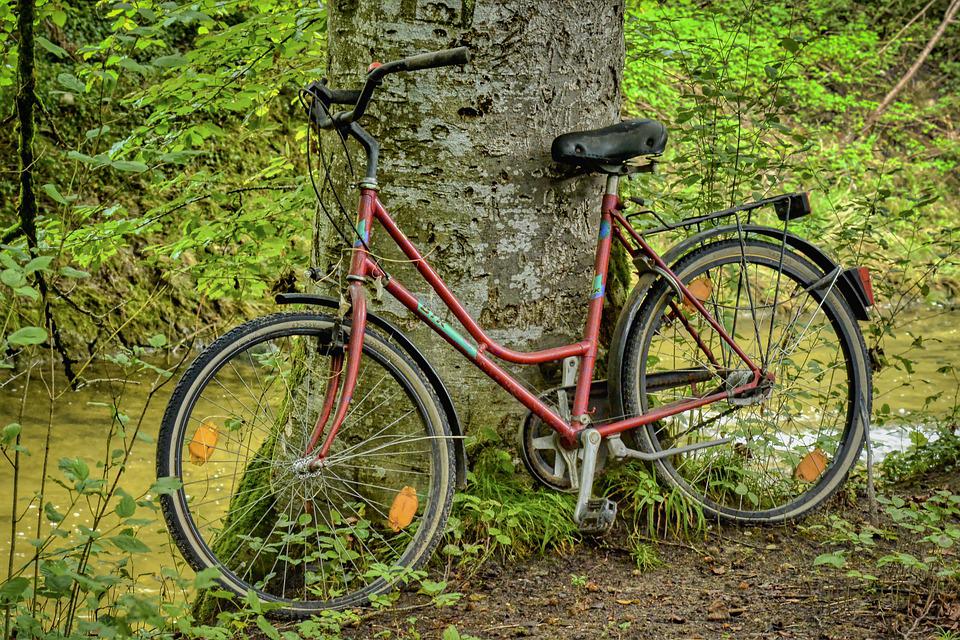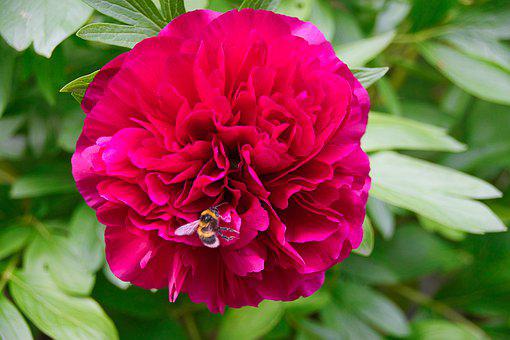If this were a story, it would have a prologue something like this:
One morning about three weeks ago, while walking sweet Luna, I ran into a neighbour who told me she was woken up around 1 am by someone (something?) crying. She went onto her deck and saw two bear cubs up her cedar tree. Seconds later, she heard a growl coming from the darkness below. Then the cubs tumbled out of the tree onto the ground and presumably joined Mama before lumbering off into the night. Or maybe they jumped. I don’t remember the specifics of the descent because, at this point, I was calculating the number of feet between her house and mine (not nearly enough) and wondering just how far the trio had travelled. They obviously didn’t get very far because there were regular sightings over the next week and a half.
Despite that, I wasn’t thinking about bears as we set out for a bike ride a few Sundays ago. Instead, I was looking forward to a change of scenery and getting some heart-pumping exercise. So we decided to cycle the Big Qualicum Fish Hatchery trail, a route that’s new to us but one our neighbours, Rusty and Carol, ride regularly. They love it because it’s a wide gravel trail with easy climbs. It’s also beautiful and surrounded by forest. “There’s never anyone around,” they both love to say. “We sometimes do the whole route without encountering a soul.” Since we were expecting a tradesman shortly after noon, we planned a short ride of about 10k and left early in the morning.
We cycled to the trailhead. There was a sign: bears in the area. I quickly hit the brakes and turned to Mr. Petrol Head, who said, “Look, it’s a permanent sign. It’s there twelve months of the year. There are no bears around here.”
Technically, he was correct. There were no bears in the immediate vicinity. And I was pretty sure if bears were an issue, Rusty and Carol would have alerted us. [They have kind and altruistic hearts; this story is not a thriller].
We rode on. The route followed the Big Qualicum River. It was lovely. The air was fresh; the sun sparkled off the water. We could see eagles soaring above the tree canopy. I whined again about the sign, mentioning that animals are typically more active early in the morning and that rivers are favourite gathering places.
Mr. Petrol Head ignored me. “We should have brought our breakfast and had a picnic by the river,” he said. “That would have been romantic, don’t you think?” [It was our anniversary weekend. If my lack of response surprised him, then he’d forgotten who he’d married]
We continued. After about 1k, the tree canopy grew thicker. The trail began to twist. River glimpses became less frequent. It was still lovely and peaceful. It was quite literally a cathedral of nature’s making. I began to relax. I began to consider future picnics.
We cycled around the bend. And there it was. Smack in the middle of the path in front of us. Substantial evidence of Smokey’s morning constitutional. “That pile is the size of a toaster,” I said as we gave it a wide berth. “A toaster oven.”
Mr. Petrol Head found my panic fear nervousness funny. I did not. This was not the kind of heart-pumping outing I’d had in mind when we’d set out.
We didn’t turn back. Of course not. We were only a few kilometres into the ride and wanted to continue (at least one of us did), so we cycled on. I tried to relax [I did not relax]. I wouldn’t let Mr. Petrol Head get too far ahead. By this time, we were climbing and descending. The forest canopy was becoming even thicker. We were banked on one side by a small mountain. Cougars were mentioned. One of us laughed.
And then, around another bend, right about the kilometre three mark, was another mound of bear scat. Smaller than the first one but unmistakable.
“I’m sure it’s from a dog,” Mr. Petrol Head said.
“I have a well-honed shit detector, plus I know dogs. That’s not from a dog.”
We agreed to keep going but to turn back at the five-k mark. Over the next three kilometres (we missed the five-k marker), we saw not one, not two, but three more piles of bear scat. No dogs, no other people . . . nothing but us, our bikes and deserted forest. I rang my bell a few times occasionally a lot. “Stop it,” said Mr. Petrol Head. “It’s embarrassing.”
“Why are you embarrassed?” I asked. “There’s nobody here but us and the bears.” By now, I was convinced Mama and her two cubs had travelled from our neighborhood to this one. Where they belonged and we did not.
Finally, finally, we turned around and started back the way we came. After a while, the tree canopy thinned. We could see the sky again. Soaring eagles. Glimpses of the river. My shoulders loosened. I began to think about picnics, to laugh at Mr. Petrol Head’s teasing. We were nearly to the trailhead and talking about how we might want to do the ride another time when we saw more bear scat. A very fresh and very large pile that hadn’t been there on the ride out. By this point, even Mr. Petrol Head wasn’t laughing.
A few days after our ride, I emailed Rusty and Carol to thank them for telling us about the trail. I also mentioned how anxious disconcerted I was by the bear scat we’d seen.
They laughed. “Oh, there aren’t many bears in the summer,” they said. “That was probably from the horses. There are horses on that trail all the time.”
I laughed too. Of course, it was horse manure. That’s what happens when you set a writer loose in the woods. Her imagination turns horse shit into bear shit every time.
Except. Many doesn’t mean none. Probably isn’t definitive. And we didn’t see a single horse the entire time we were on that trail. So, I’m still betting on Mama bear and her two cubs, which means no romantic picnics by the river any time soon and a lot of bell ringing if we ever go back.














Comments